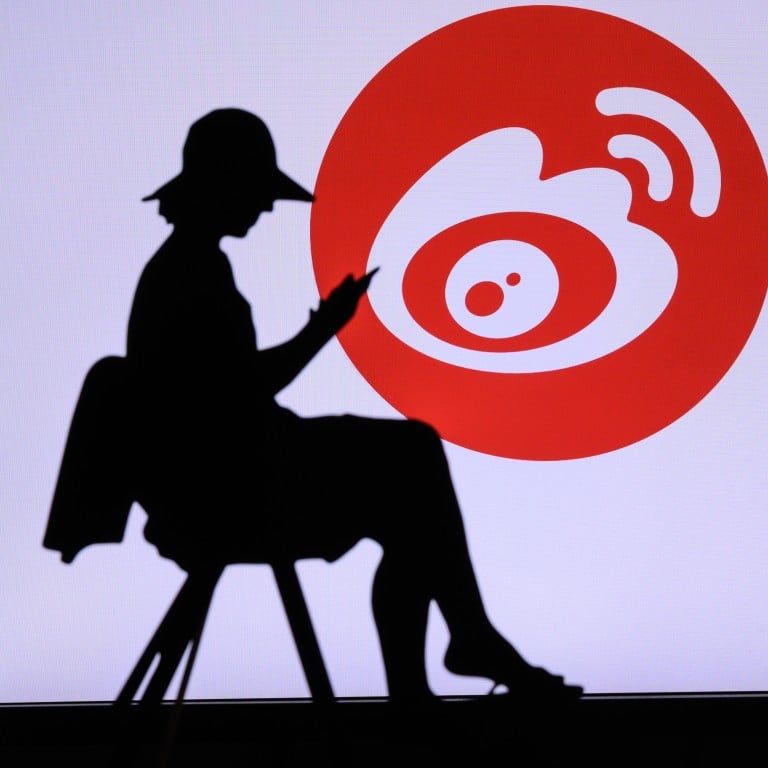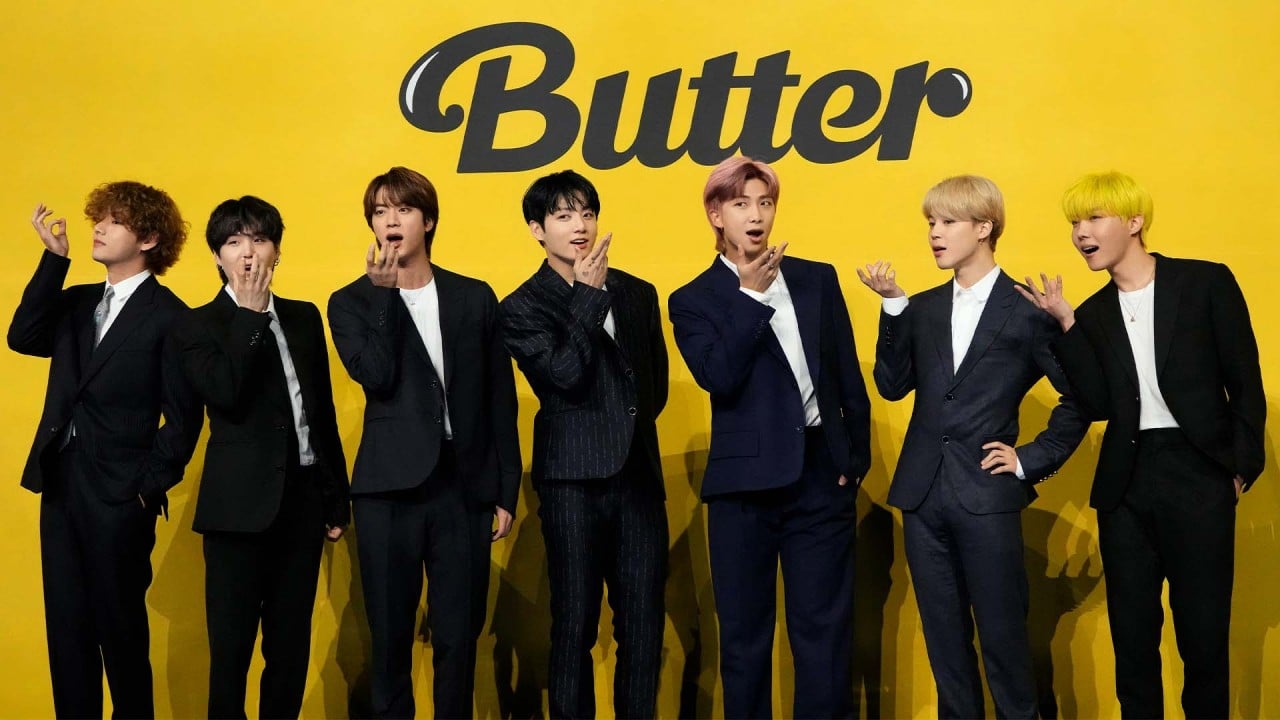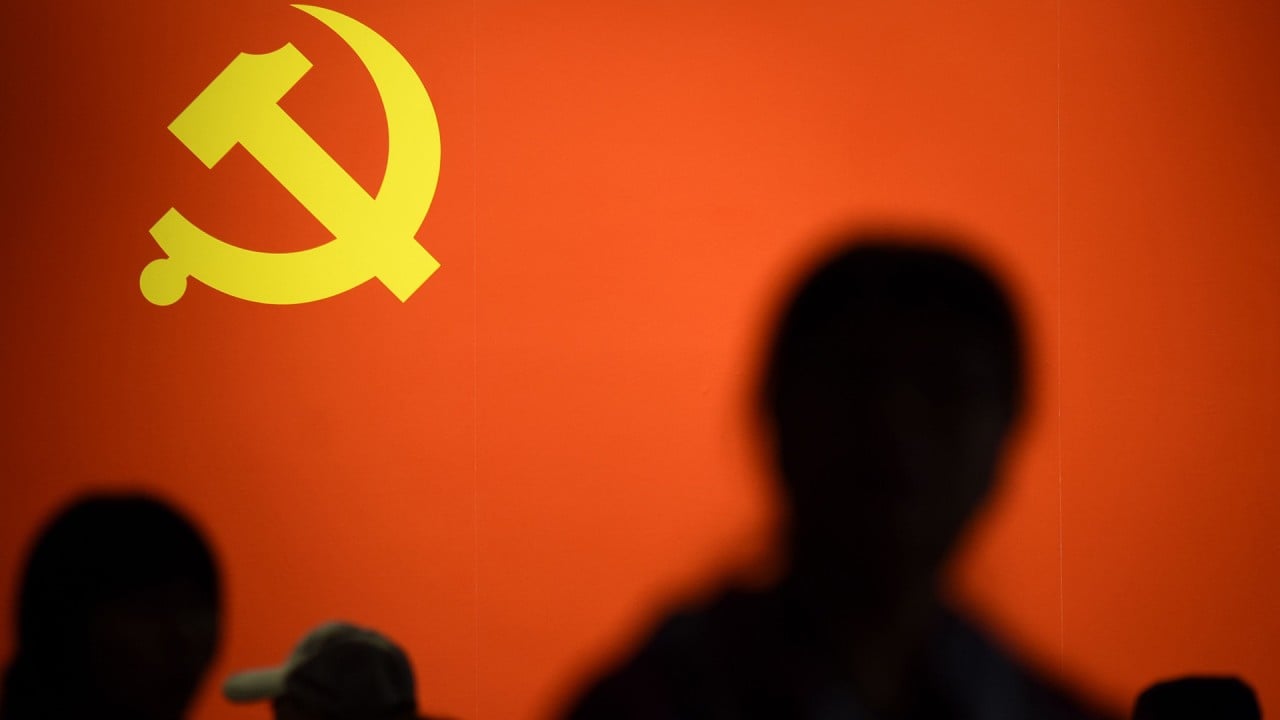
Crackdown on anonymous Chinese social media accounts heightens concerns over privacy and free speech
- Leading influencers on Weibo have been told they must use their real names, with other platforms expected to introduce similar rules
- Change follows the introduction of new internet rules, but critics fear it will increase the risk of online harassment and the release of private data
This week a number of popular Chinese social media accounts suddenly started closing or deleting large numbers of followers.
“I will close this account now and say goodbye to all of you,” one account that mainly posts celebrity news wrote. “I hope you all will lead happy and successful lives.”
They were reacting to a new policy that will make it mandatory for social media users with a large following on Weibo to disclose their real names – raising concerns that it will violate the privacy of those who run popular accounts and increase the risk of personal information being exposed online.
The policy has yet to be publicly announced but the South China Morning Post has learned that it will mainly apply to those Weibo categorised as influencers who regularly post on politics, finance and entertainment and will not affect those who are seen as mostly posting about food and cosmetics.
China’s Weibo banishes 80 prominent crypto influencers
Weibo users with more than one million fans will need to comply by the end of October, and those with 500,000 to one million fans will follow by the end of this year.
Weibo has started reaching out to its influencers one by one, informing them of the new changes and asking for their consent.
Messages seen by the Post show that Weibo and other social media platforms – including the short-video platform Douyin, which also owns TikTok, and Tencent, the owner of WeChat, the country’s most widely used app, have repeatedly raised their concerns with the authorities.
“If the new policy bothers you, you can submit suggestions through your own channels or with us,” one Weibo manager told an influencer.
Weibo introduced the policy on real name accounts after the Cyberspace Administration of China introduced a 13-point set of rules earlier this year to increase the management of zimeiti, or self media – accounts that publish news and information but are not government-run or affiliated with official media. Other social media platforms are expected to introduce similar rules in due course.
The 13-point rules say accurate sources must be used to provide news on domestic and international affairs, public policies and social events; fabricated stories or rumours must be marked out; and accounts must manage follower growth.
On Chinese search engines and social media, information is often scrubbed, including immediately after natural disasters, to suppress public discussion or criticism of the government.
The name disclosure policy immediately sparked criticism online.
Lao Dongyan, a criminal law professor at Tsinghua University and a prominent critic of government policies, wrote on Weibo that authorities should consider whether such a policy will be effective and whether people’s rights to speak anonymously should be respected.
Others fear it will pave the way to doxxing – the release of sensitive personal data online – and other forms of harassment. One Weibo blogger wrote that they already received threats as an anonymous user and was worried what would happen if they started using their real name.
But supporters of the changes say there is nothing to fear.
China censors economic, financial writer for ‘hyping up unemployment rate’
Zhuang Shilihe, a Guangdong-based medical and current affairs commentator who has 1.6 million followers on Weibo, posted that since influencers enjoy more exposure, they should take more responsibility, adding that people have a right to know who exactly is offering their viewpoint.
“Those of you who don’t want to disclose your names … I suggest you switch areas,” he wrote. “If you were used to talking about international affairs, it’s still not too late to become a food blogger.”
Chen Fuzhong, who specialises in data, media and online law at the Chengdu-based Tahota Law Firm, said the new changes did not raise legal concerns about privacy, but might discourage free speech.
“Some might fear cyberbullying or other unnecessary troubles, and become more cautious when giving their true opinions,” he said.
New media forms – including social media, short videos and live streaming – have replaced traditional print media and television as the primary source of news for many in modern-day China.
But any hopes that online platforms might create space for more independent journalism away from the tight constraints on traditional media have largely been frustrated.
Instead, mainly profit-driven public accounts, free from such controls, have helped spread misinformation and confusion.
Many people have also found themselves the targets of online hate speech and harassment, often based on false information, and there have been several examples of online influencers faking illness to raise money from their followers.
Fang Kecheng, an assistant professor at the Chinese University of Hong Kong, wrote in a 2022 paper that self-published accounts have yet to develop an ethical code in line with those that govern traditional media.
The Chinese authorities have also launched repeated crackdowns to clear up cyberspace, but to little effect. This year alone more than 920,000 self media accounts were closed or penalised in a three-month crackdown that ran between March and May.
It is not yet clear whether the new rules will solve this problem – from the government’s point of view – or create further trouble. But Fang said it was clear that the changes reflected the failure of self-regulation among social media influencers and platforms.
China’s Weibo mutes spammers for hijacking #Taiwan Strait drill topic
He said there were many ways for such platforms to enhance trust and safety, such as creating a friendly community atmosphere or strengthening restrictions on malicious content.
“I don’t think [name disclosure] is the best plan,” he said. “But this reflects the reality that if these social media platforms … don’t consider trust and safety, then they can only wait for the government to impose mandatory rules.”

.jpg?itok=H5_PTCSf&v=1700020945)

